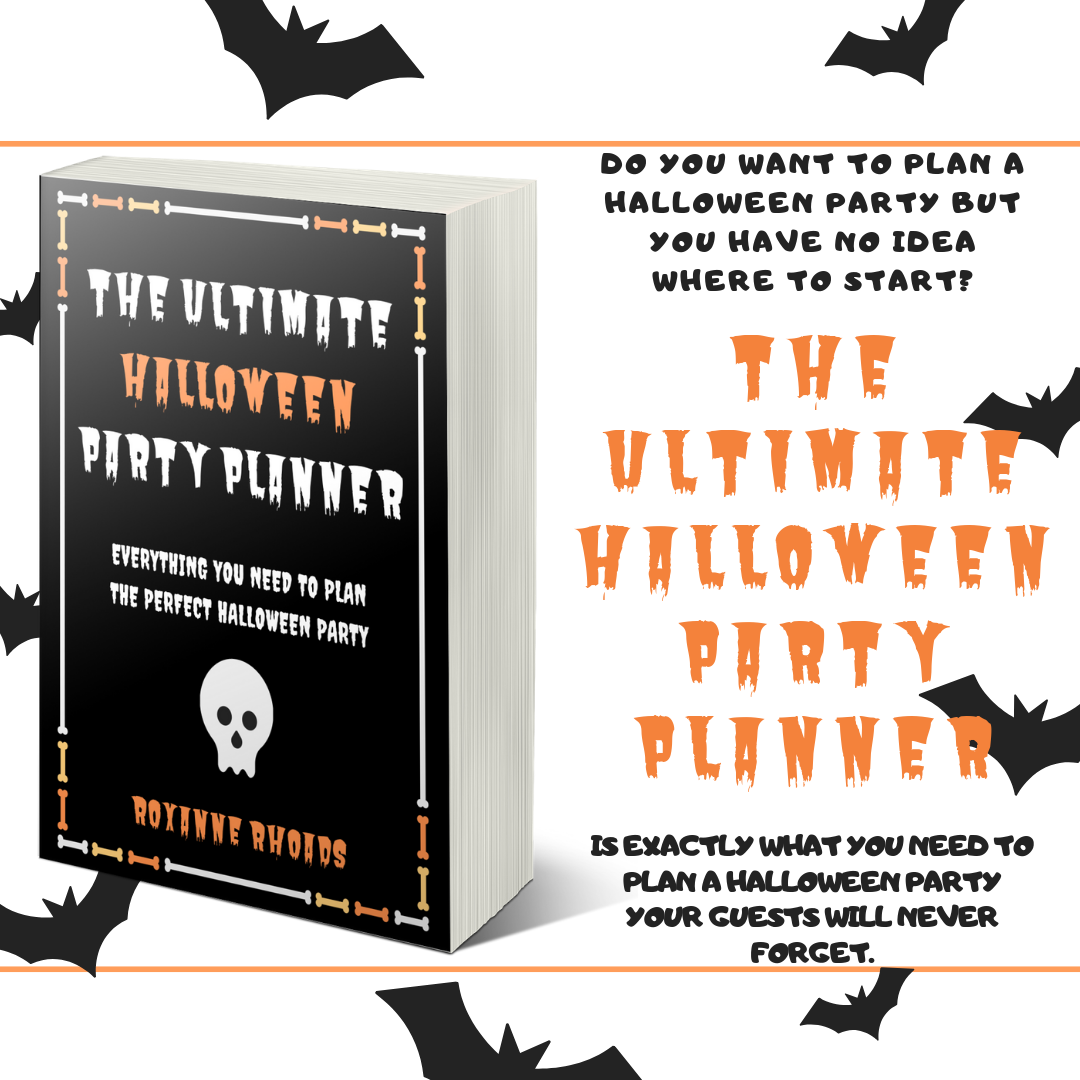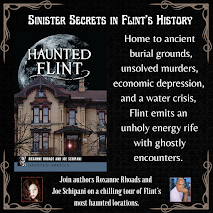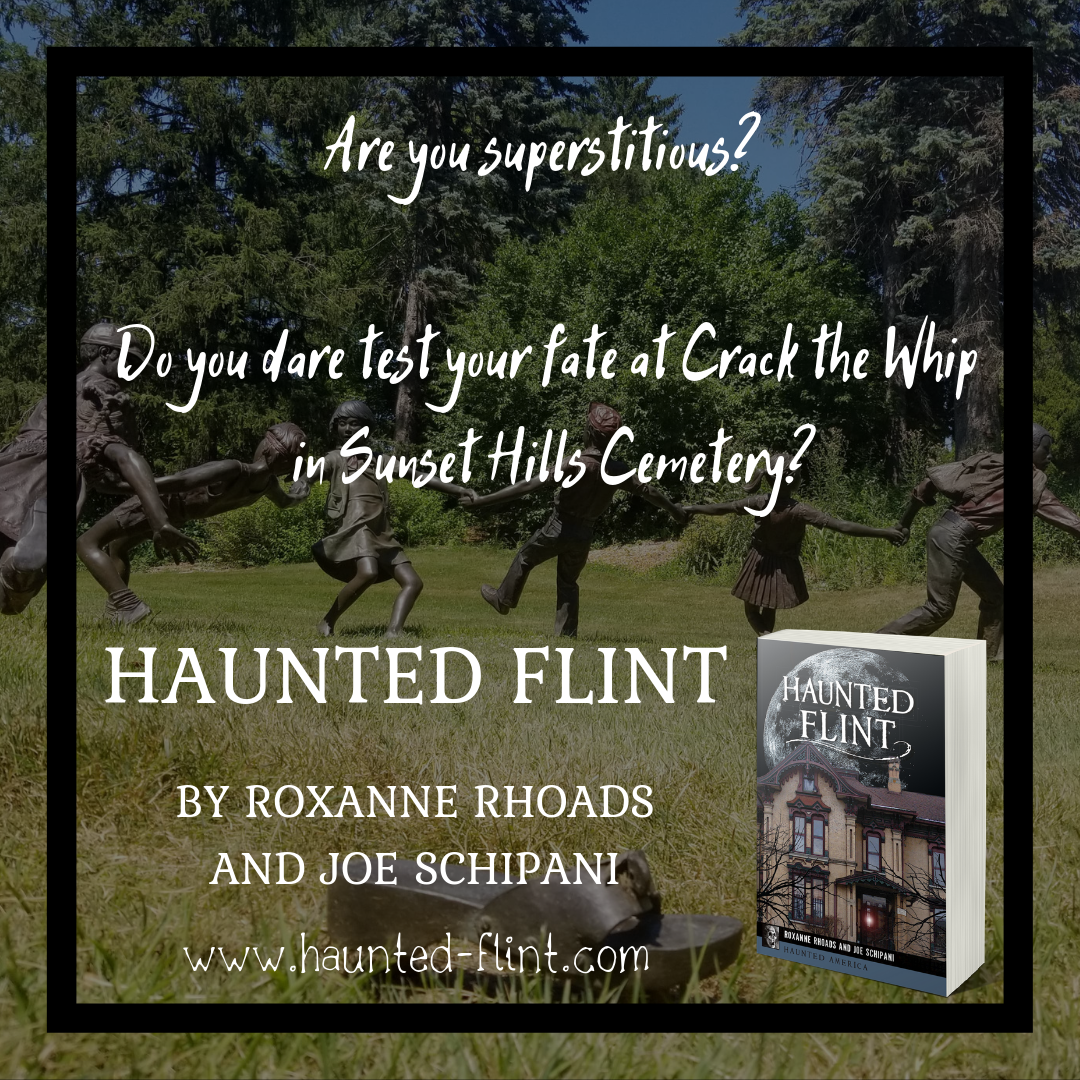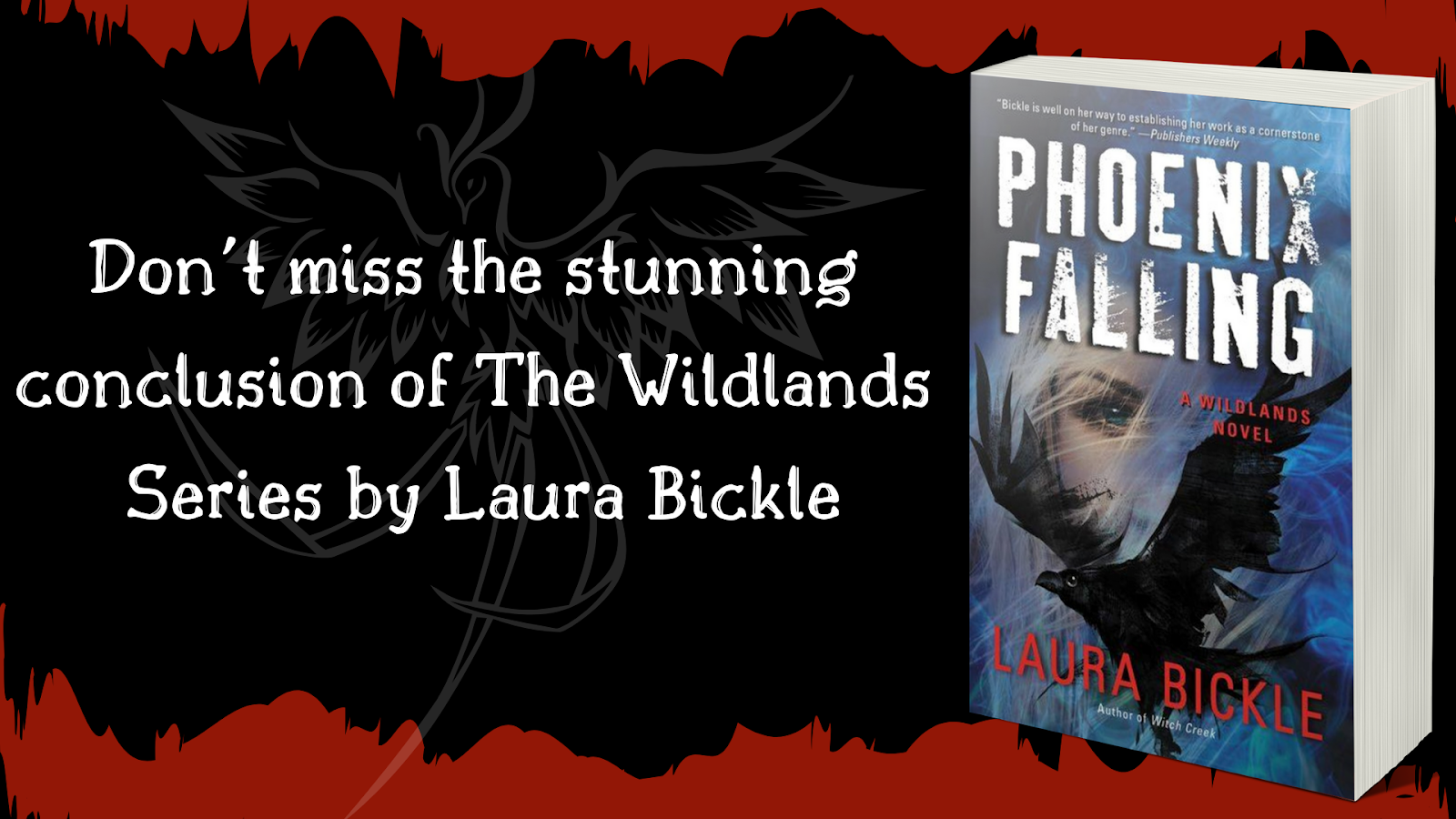Can you tell readers a little bit about
yourself and what inspired to write in this particular genre
For most of my professional life I
have worked in dance. 3 years ago I
started writing. Coming from a
theatrical background I am naturally drawn to fantasy and mystical themes. A
clairvoyant once told me I would write an adult fairy tale one day. That was 20 years ago. It surprised me a
little as I always knew that one day I would write. And so I went on a stream
of consciousness journey with this book to begin with. It was not until the story started to take
shape, that I recalled that prediction.
What is it about the paranormal, in
particular vampires, that fascinates you so much?
Notwithstanding the lush gothic
imagery that pervades throughout the genre, Vampires are not a passionate
interest of mine (although I did enjoy the spine chilling experience of
watching the German 1920’s film, Nosferatu).
My inclination to the paranormal is
in paganism, witchcraft and the occult.
Not as a religion, but for the wealth of imagery and theatrics within
these ancient traditions. The ritualistic
practices and ingrained history of these cultures presents a wealth of material
for story- telling and invention.
From
an early age I immersed myself into the study of tarot and astrology and have
read much of the greek myths. Being a
creative person, the subconscious and its direct relationship with the moon and
the shadowy side of nature is a delightful subject for artistic exploration. The
archetypes and dramatic narratives that exist in myths and fairy tales compel
me to explore these themes in fiction and character creation.
I am also drawn to the potential influence
spirits/ghosts MAY have in shaping our destinies. Reincarnation is another area of appeal; that
past- life experiences are latent drivers within us, presiding over our choices(particularly
in love), is an intriguing theme.
What inspired you to write this
book?
An enduring love of fantasy and
idealism in literature. I wrote a book I
wanted to read.
Please tell us about your latest
release.
THE HOUSE, is an adult fairy tale,
time travel adventure set in the Regency era.
Inside a rundown scary looking house, magic chambers with portals that
transport to parallel worlds, lay in wait. The main character somehow mysteriously
arrives in a strange forest and stumbles upon this frightening house. Left with
little choice, she reluctantly enters. Only to be met by an interior that is
most unexpected.
Soon she finds herself
travelling to an estate in England 1790’s. There she has a terrifying encounter
with a beastly lord (archetype of the wolf in children’s tales) and this sets
the tone for what unfolds. Escaping to the Regency period 40 years into the
future, a picture starts to form and relationships connecting the two periods
start to become evident.
There is a large cast of eccentric identities for her
to observe, as their own dysfunctional lives play out before a very startled
visitor, who as an idealist addicted to romance novels, suddenly sees that
complex lives filled with painful choices and unfair, iniquitous outcomes exist
here as much as in her own modern paradigm.
The nephew to the main host arrives
one solitary night, and when the heroine (I cannot reveal her name) lays eyes
on him, there is an extraordinary sense of dejavu! The poet, carrying a broken
heart, reciprocates this fascination. He is instantly struck by the beautiful
time traveler, but much to his chagrin, this love match, on the face of it
cannot be consummated.
As matters start to unfold, many secrets are unveiled,
and the purpose of her presence in this most unusual of households slowly
starts to reveal itself. Although the
conclusion is surprising, it is, I am happy to declare, very optimistic in an
occult kind of way.
Do you have a special formula for
creating characters' names? Do you try to match a name with a certain meaning
to attributes of the character or do you search for names popular in certain
time periods or regions?
My main character’s name means
obscure/dark in Italian. I enjoyed
giving her that name as it symbolized her role in the book.
Was one of your characters more
challenging to write than another?
no
Is there a character that you
enjoyed writing more than any of the others?
I fell in love with Artemisia in
Florence. She had such an interesting
past, where choices were made from circumstances out of her control.
Do you
have a formula for developing characters? Like do you create a character sketch
or list of attributes before you start writing or do you just let the character
develop as you write?
I used
both techniques. As a sketch with pen
and paper, I gave them a name and an outline of their history. I created a
family tree (the main characters) and visualized their physical features. I then let them develop on the page.
What is your favorite scene from the
book? Could you share a little bit of it, without spoilers of course?
I have a special fondness for a
scene involving a fortune teller arriving at the London abode. Most of the characters being learned
Oxfordists, are atheists and thus skeptics.
Apart from the fun I had with the theatrics, I liked the fact that her
interpretation of the scenes witnessed in the crystal ball, elucidated on past
events relating to some of the key characters, thus giving the readers more
insight.
Did you find anything really
interesting while researching this or another book?
After I had completed my book, I was
amazed (having never explored this) by the magnitude of books in the genre that
I had chosen. Particularly time travel in the regency period. Before going to the net to investigate, naively,
I thought I had embarked on something quite unique.
Do any of your characters have
similar characteristics of yourself in them and what are they?
Yes.
My main character’s love of classic books, her idealism - the grasser
was greener then attitude and her dislike of modern day minimalism. I also made good use of my knowledge of tarot
during the scene with “Luna Llena” the fortune teller
Do you ever suffer from writer’s
block? How do you deal with it
Often. I busy myself with other activities and give
it a rest.
When did you consider yourself a
writer?
After I completed this book.
What are your guilty pleasures in
life?
Smoking green stuff
Other than writing, what are some of
your interests, hobbies or passions in life?
Designing clothes/costumes. And dance creation
What was the last amazing book you
read?
I am always reading, this is
difficult but the last really brilliant book was Somerset Maughan’s the merry go round.
Where is your favorite place to
read? Do you have a cozy corner or special reading spot?
In bed
What can readers expect next from
you?
My latest book although dealing with
paranormal and romance, is very different to this book, particularly in
language style, as it is set in the late 1980’s. It is about an unlikely
romance between a wall st investor and a dancer. They share a few things in
common however, mainly that they are both being pursued by vengeful ghosts. His dead wife embittered by their
dysfunctional marriage, and the dancer’s dead show girl mother, who has
grievances towards her daughter’s treatment of her, particularly when she was
dying. The plot is played out like a game of chess from the other side (the title).
Where can readers find you on the
web?
Good Reads. Facebook.
Would you like to leave readers with
a little teaser or excerpt from the book?
Of course. Here is a page of one of the many scenes I
enjoyed creating.
Working as an actor, Sebastienne was celebrated for his interpretation
of Moliere, Racine and Shakespeare. His dark and feline beauty also
made him suitable for Greek tragedy, where he was mostly cast in the
female roles. These transfigured interpretations were accomplished with
great aplomb; the actor’s lithe and graceful gait delighting audiences,
whom were often ignorant of the handsome performer’s real sex.
Notwithstanding Sebastienne’s celebrated artistry, he was in a constant
state of want. He had the fiscal discipline of a hedonist, whose soul
regaled in the mysteries and excesses of the night, enjoying therein all
the pleasures that he could procure. Paris, of course, was filled with
all manner of meandering nocturnal pleasure seekers. The day was
non—existent to Sebastienne, who loathed to be seen in the revealing
and cruel light of day. When he was not performing the serious works
of respected playwrights, he would unleash his female alter ego “La
Marise” at the local underground theatre house ‘La fleur noir’. A
popular
night spot, frequented by an array of disparate denizens, allured there,
by the eccentric performances of macabre black humourists, satirists
and performers, who aimed solely to parody the establishment, in
blasphemous and immoral ways. It was a type of freak show where only
strange and ostracised beasts of society were given flight to perform
all
manner of monologues, songs and dance. The material was often lewd
and lascivious, which made the venue very popular amongst all manner
of non—conformists, relieving for many, the ennui that a bourgeois
existence inevitably propagated. At the fleur noir, one encountered a
cross section of humanity; politicians, writers, the clergy and upper
classes mingling with indefinable creatures of the night, whose
existences
were based on whimsical excesses.
The House
Sebastiana Randone
Genre: Adult fairy tale, regency romance, past-life romance, paranormal/fantasy, time-travel
ISBN: 978-1-4836-1371-0
ASIN: B00DAMPQ8Q
Number of pages: 148
Word Count: 50,000
The House is the tale of a woman, who is so absorbed with historical novels that her own reality ceases to offer any hope of romance and beauty.
One day this dreamy idealist finds herself in a mysterious forest. How she arrived there is unknown. She encounters a ramshackle house, wherein magical rooms that transport to parallel worlds lay in wait. She is transported to historical England, where she interacts with a collection of character's whose dysfunctional lives become apparent immediately.
The first tribulation involves a nefarious lord, an archetypal embodiment of the monstrous creatures that often haunt fairy tales. The ramification of this confrontation sets the tone for the narrative.
Before long, the folly of disdaining her mundane reality is realized, and she desires desperately to return to her former predictable life.
A hidden portal finally enables escape from the austere Georgian dwelling. She is spirited back to the enigmatic house, where a journey to Regency London ensues. A large cast of eccentric identities present themselves.
One day a handsome, despondent poet arrives, following a period in Florence. His introduction to the time traveler offers promise of restoration and love. But upon the face of it, and much to his chagrin, this union cannot be consummated. There are a few more obstacles ahead before her destiny in this strange adventure is made apparent. In the end a past life connection starts to reveal itself. And like all good fairy tales, the ending is pleasing, even though the means of getting there are dark and at times, sinister.
About the Author:
Sebastiana Randone lives in Melbourne, Australia, and is from a dance background.
From an early age, Sebastiana developed a passion for reading, and from that moment has never been without a book.
The desire to write ‘one day’ had been pursuing for a long while. Finally that goal was realized with the debut release of “The House”; an adult fairy tale set in the Regency era.
Sebastiana is presently writing her second book; a paranormal romance novel based in New York late 1980’s.




















1 comment:
thanks for having me sebastiana
Post a Comment